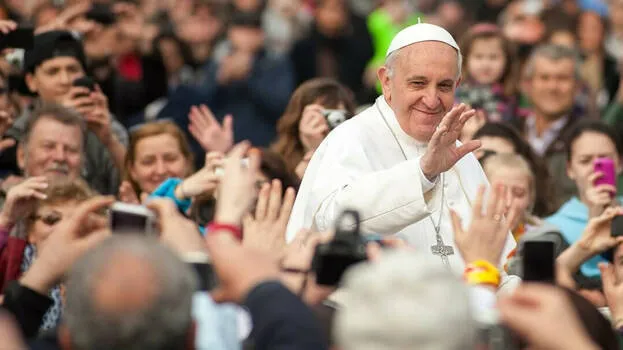

Pope Francis, the first Pope from Latin America, stood out from his predecessors with his simple lifestyle and deep compassion. He described members of the LGBTQ+ community as "children of God," earning him widespread recognition as a humanitarian. He chose to live in a modest guesthouse room rather than the Vatican Palace, raised his voice for women and children, and stood firmly with the victims of war — just a few of the many qualities that defined him as a great shepherd.
At the age of 76, when he ascended as the head of the Catholic Church, he chose the name Francis, after Saint Francis of Assisi. It was the first time in the Church's history that a Pope had adopted the name Francis.
He was born Jorge Mario Bergoglio on December 17, 1936, in the Flores neighbourhood of Buenos Aires, Argentina. He was the eldest of five children born to Mario José Bergoglio, an accountant with the railways, and Regina María Sívori, a homemaker. His family had Italian roots — Mario's family fled Benito Mussolini's fascist regime and migrated to Argentina in 1929.
Although he earned a diploma as a chemical technician, Francis felt called to the priesthood. In 1958, he joined the Society of Jesus. After completing his humanities studies in Chile, he returned to Argentina in 1963 and earned a degree in philosophy.
Between 1964 and 1966, he taught literature and psychology in colleges in Santa Fe and Buenos Aires. From 1967 to 1970, he earned a degree in theology. He was ordained as a priest in 1969 and became the head of the Society of Jesus in Argentina in 1973. During this time, he was also active in the academic field. In 1998, he became the Archbishop of Buenos Aires, and in 2001, he was elevated to Cardinal. Following the resignation of Pope Benedict XVI due to health reasons, Pope Francis was appointed as the 266th pontiff of the Catholic Church on March 13, 2013.